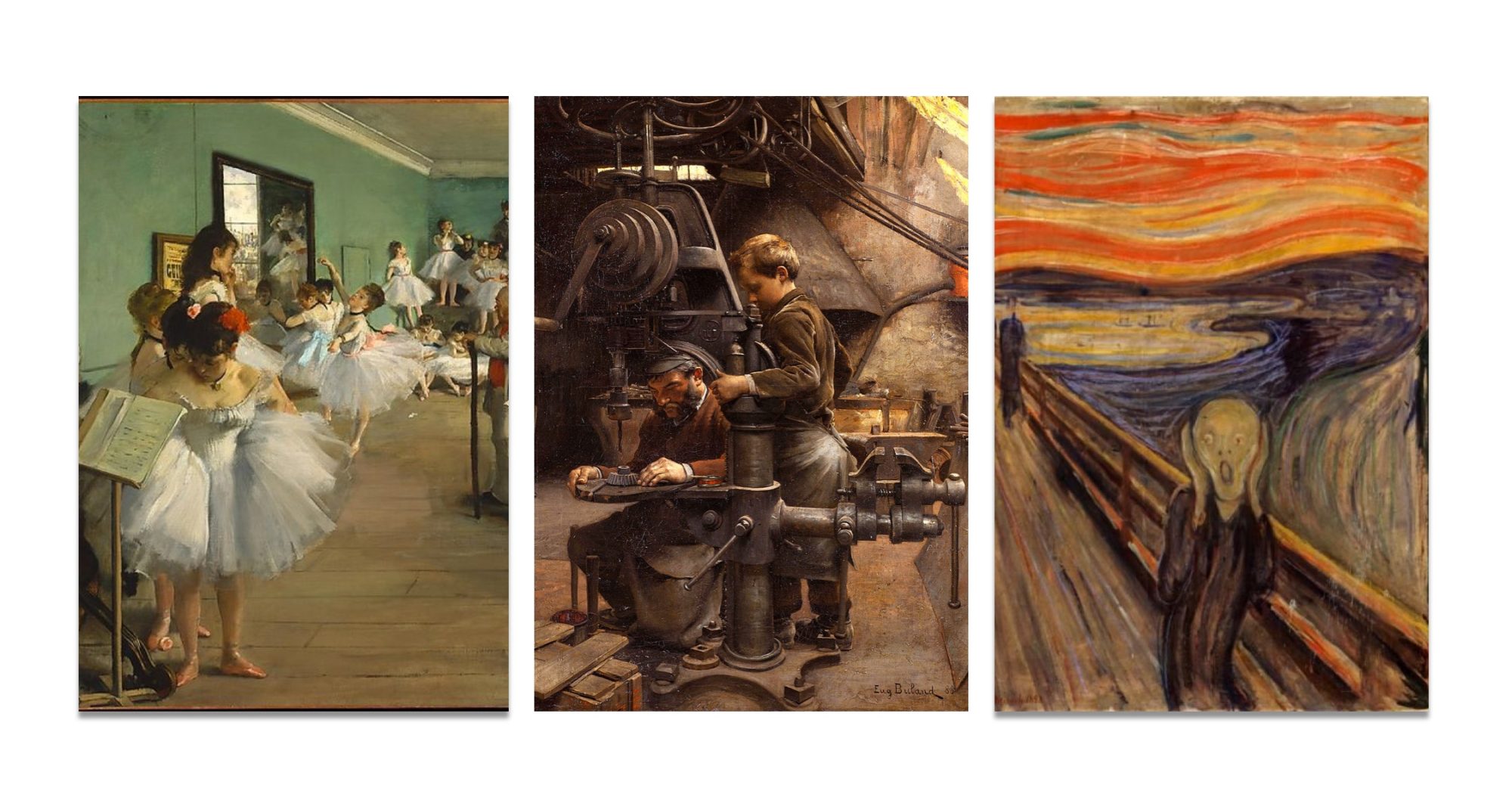In retrospect of the assigned readings, many of the class discussions have revolved around the meaningful societal customs of the Victorian era. The various readings clarify the range of respectable and or dishonorable conduct amongst the individuals in accordance to class, labor, and wealth. Out of all the texts that we have conversed so far, the word that I found to be most fitting overall was “rebuke”. The word, ‘rebuke’, definitely applies to almost every poem, short story, or scholastic painting that we have talked or written about so far, especially the most recent materials.
I actually came across the word, ‘rebuke’, in Gabriel Rossetti’s “Jenny’, a poem in which a male subject narrates his particular perception of this young female entertainer who is prostituting herself to him. To rebuke someone or something is to the equivalence of shame, admonishment, criticism, disapproval, etc. Throughout the poem the narrator seems to enjoy the company of Jenny; however, it seems as though he condemns or reprimands her for her dishonorable lifestyle. Unfortunately, there were many women much like Jenny who underwent similar lifestyles and were very much rebuked from society in spite of their desperate reasoning for taking up prostitution, which was very common throughout the Victorian era. Later on, subsequently assigned texts and images revolve around other issues throughout the Victorian era, besides prostitution such as rape, ill-suited relationships, the endeavors within harlot houses, etc. All of these aspects were rebuked biblically, socially, and most of all very harshly. Women were and still are the main victims to this sort of societal treatment. What makes the word, rebuke, so significant is that the actions in rebuking an individual have not changed. The underlying cause of the dishonorable or shameful acts of a person is always and will forever be overlooked.
–Malarie Williams
